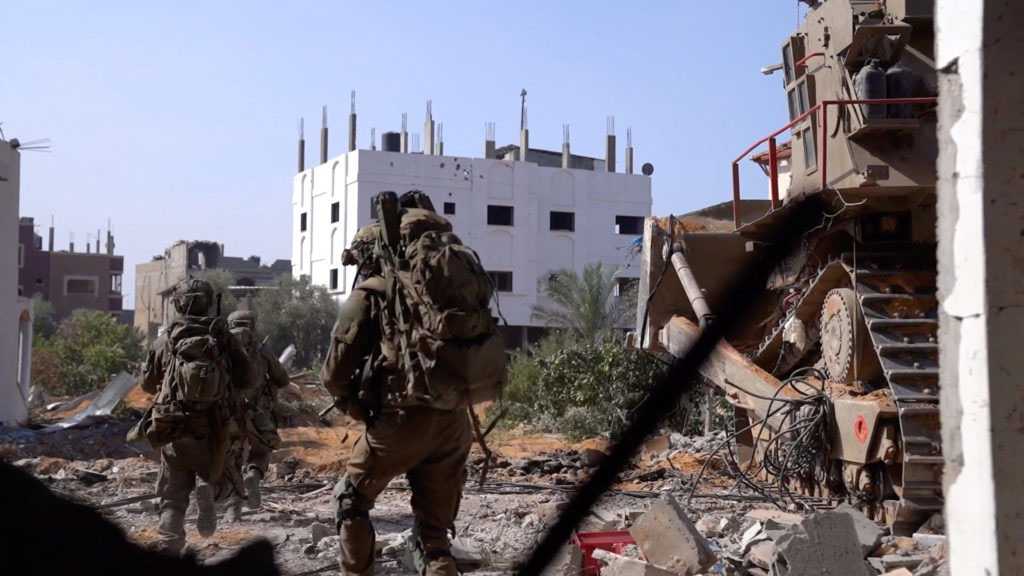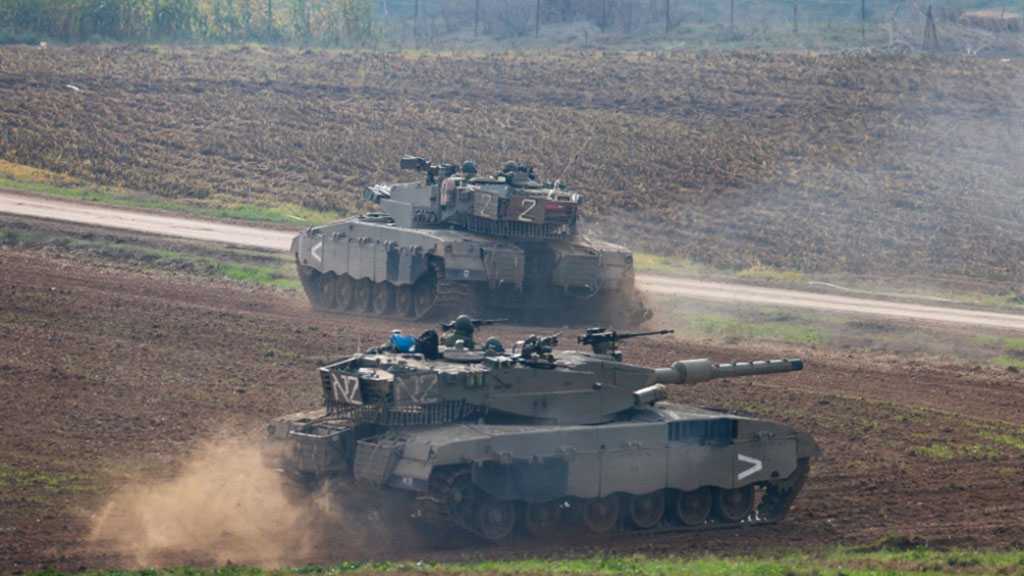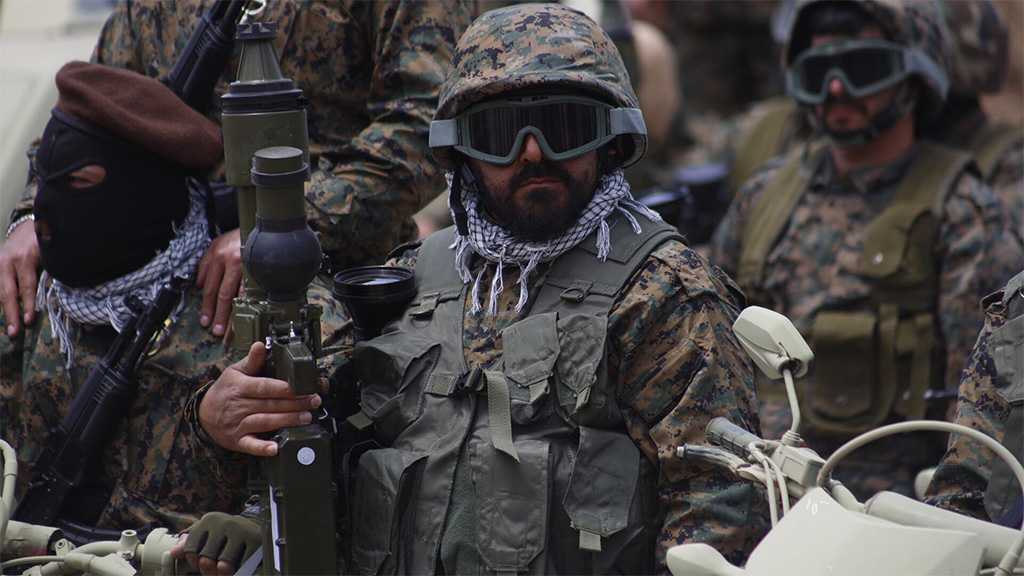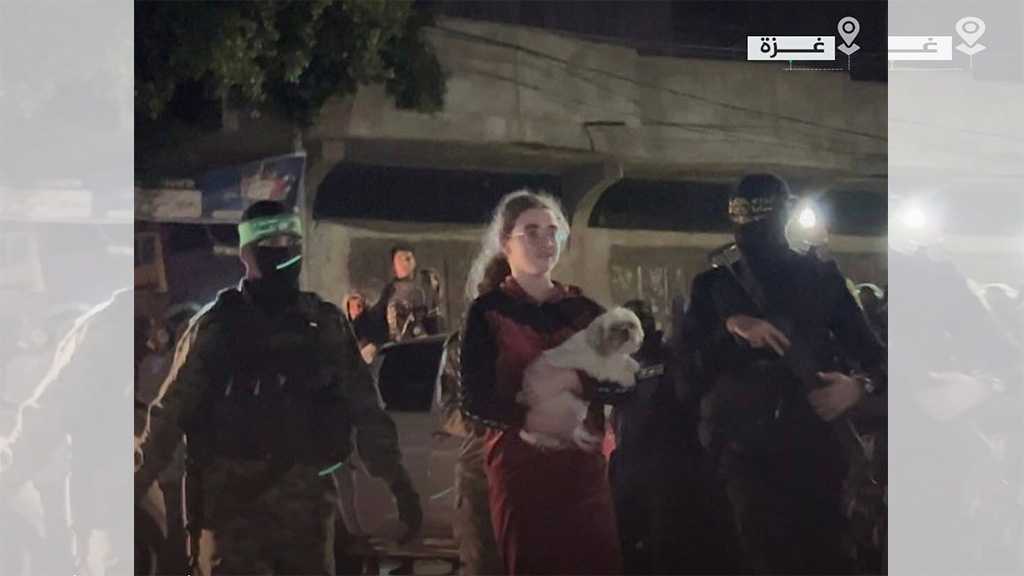
The End of ’ISIS’ inevitable, but very far off: Nasri Sayegh
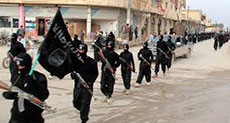
Nasri Sayegh - ‘as-Safir' newspaper
It is as if what is between the two rivers were not Iraq, and will never be...It is as if the state of Arabism were not Syria, and will never be...It is as if the legacy of Sheba were not Yemen, and will never be...and it is as if this Arab Orient were not the Middle East, and will never be.
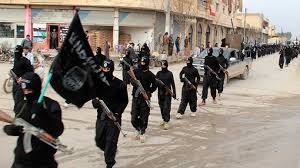 The ‘Islamic State in Iraq and the Levant', which has never been ‘Islamic', and never even thought possible as a nightmare for anyone, has now become the ‘regional superpower' for an indefinite time. It is a vast and sprawling state, and it derives its legitimacy from a particular Salafi legacy that communicates unprecedented Jihadi concepts. It believes in nothing but the establishment of an Islamic state - a powerful spell that influences the hearts of the believers and practicing people of faith - and in the labelling of all Arab governments as apostate, specifically those that do not apply Islamic law.
The ‘Islamic State in Iraq and the Levant', which has never been ‘Islamic', and never even thought possible as a nightmare for anyone, has now become the ‘regional superpower' for an indefinite time. It is a vast and sprawling state, and it derives its legitimacy from a particular Salafi legacy that communicates unprecedented Jihadi concepts. It believes in nothing but the establishment of an Islamic state - a powerful spell that influences the hearts of the believers and practicing people of faith - and in the labelling of all Arab governments as apostate, specifically those that do not apply Islamic law.
It also adopts the principle of allegiance and disavowal Tawalli and Tabarri, believes in militancy as a change inducing strategy, and in confrontation with the United States and the West while "Israel" is entirely absent, and in divine beliefs derived from known historical Salafist literature. It also rejects democracy.
It divides the world into two camps just like ‘al-Qaeda': those who are not like us, nor support us, nor pay allegiance to us, nor pay the ‘religious' levy, are enemies. Therefore, they label other Islamist groups, such as the Muslim Brotherhood, as apostate, and they place them at the forefront of their concerns when undertaking the screening procedure. They disapprove of the Brotherhood, and all those do not adopt the militant approach.
These principles form the theoretical basis of both ‘ISIL' and the ‘al-Nusra Front'. Attempts to exonerate ‘al-Nusra' from ‘ISIL' are forgeries and fabrications. The beliefs of ‘al-Qaeda' and its underlying policies and operations, are the same as those that ‘ISIL' and ‘al-Nusra' adhere to. The ideology is a unified ground on which these jihadist organizations stand.
The power of ‘ISIL' and ‘al-Nusra' - as the branch of Al-Qaeda in Syria - does not go back to the power of faith, nor the strong commitment to Salafi religious beliefs. Rather, their strength is derived from its practical and precise - rather literal - commitment to mechanisms and religious laws. It drew the path and identified the means to achieve the project of establishing an Islamic state, or Caliphate, which lays the foundation for religious legitimacy and according to ‘human universal' laws.
Abu Musab al-Zarqawi, who distinguished himself among his peers in ‘al-Qaeda' for resorting to a strict and practical approach, built his network on the basis of ‘the management of savagery', and building up capabilities, as found in the book of Abu Bakr Naji. As for the combat doctrine of Zarqawi, he drew it from Abu Abdullah al-Muhajir. The director of Political Studies at the ‘Centre for Strategic Studies' at the University of Jordan, Mohammad Abu Rumman, says that Zarqawi adopted his fighting approach according to the "priority of fighting the close enemy, meaning the apostates of Arab and Islamic regimes, as well as all Shia.
As for "the majority of Zarqawi's strict jurisprudential decisions, related to suicide bombings, the matter of ‘collateral damage', abductions, assassinations, beheadings, and tactics of violence and terror, they were taken from al-Muhajir" (Journal of Palestine Studies - Winter of 2015).
To ensure the success of the ‘management of savagery', it is necessary to put forward the ‘Islamic model' of governance (a model that has nothing to do with this era, nor with the preceding social environment, nor with humanitarian achievements). The model requires that the following should be achieved: "spread internal security, provide food and medical treatment, provide safety against enemy air raids, establish a religious judiciary among the people, lift the level of faith, raise combat competence, create a militant community, establish an (intelligence) network, mould the hearts of the people that love worldly life using money and worldly comforts, deter hypocrites, raid enemies and seize their wealth etc".
This is taking place in a crisis-stricken Iraqi environment, in which sectarian and ethnic tendencies overtook everything else, after the aggravation of bloody conflicts over identity, uprooting people and communities. There is no popular or effective nationalism in Iraq. The region is populated with a heavy Shia presence, both local and regional, and clouded with Sunni anger and their increasing complaints of injustice. It is an environment exploding from within, and its constituents seek refuge in the warmth of faith, forming the basis for suicide (operations), and acting as launchpads for sectarian acts.
Within this environment, ‘ISIL' expands and triumphs. Some Sunnis are not with it, but they are not against it either. Even in Lebanon, there are no clear and decisive condemnations of what ‘ISIL' and ‘al-Nusra' are carrying out. Lebanese Sunni leaders are against ‘ISIL' in secret. Publicly, these leaders do not dare to speak out. One of them, a leader from Tripoli, said while commenting on what could occur if he spoke out, that neither he nor other politicians with a similar stance would be able to return to Tripoli. The Sunni environment lives on with the priority of enmity towards Shia parties and movements in the Arab East and Gulf.
The distinctions between ‘ISIL' and the Sunni environment cannot be seen at present. Anbar is one such model. ‘ISIL' entered Anbar, and the masses pledged allegiance to it. What is happening in Syria is not an anomaly. The ‘management of blood' is the common denominator of those fighting there. ‘ISIL' and ‘al-Nusra', and other armed Islamist groups holding borrowed names, now swim in ample water, while the geography controlled by the regime continues to shrink due to severe weaknesses that were exposed, forcing it to retreat in order to defend the purity of the sectarian-political environment, and what remains of the mixed-populated geographical regions.
The land has been generous to Salafist jihadist movements. The advances led by armed movements have materialised the slogan of the Islamic state, overwhelming regular armies, and international alliances, and the possibility of defeating these groups does not appear to be on the horizon.
The arena in which ‘ISIL' and similar groups ‘flourish' has been emptied from democratic, leftist, nationalist, liberal, and governmental forces. Armies have proved their inability in the face of the attacks of ‘ISIL' and ‘al-Nusra'. The ‘popular mobilization forces' are imbued with sectarianism, thus fuelling the conflict and pushing it backwards, not forwards. In this conflict, there is no dominance of one over the other. Political regimes do not have the faith of their supporters, so how will they act as the authority? Meanwhile, foreign powers are reaping the fruits, or awaiting for them to be in season.
In this scene, the ‘Islamic State in Iraq and the Levant' appears to be the only project which enjoys the ability to survive, along with which will occur massacres, bloodbaths, invasions and atrocities. It is part of the creed and one of the cornerstones of their jihad. ‘ISIL' is not approaching its end. Its end might be postponed, until after the end of Iraq, Syria, Yemen, Libya and...and...
The end of ‘ISIL' is inevitable...but a little far off, or very far off.
